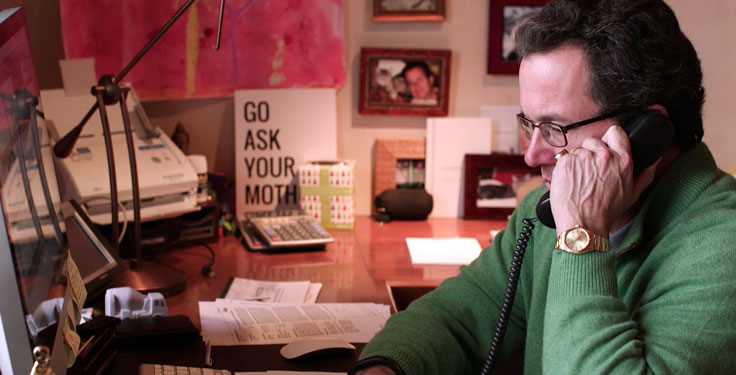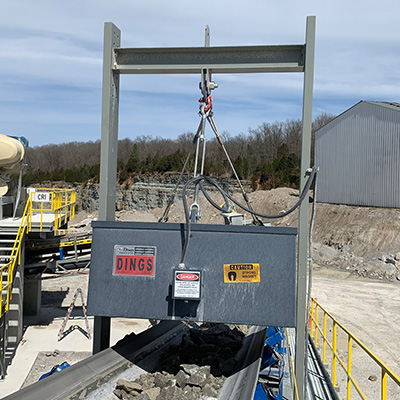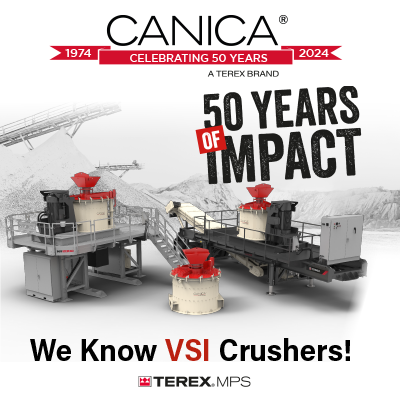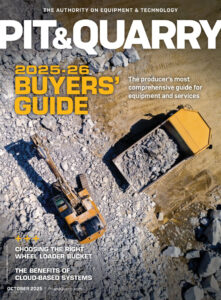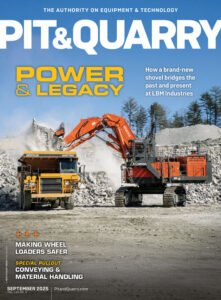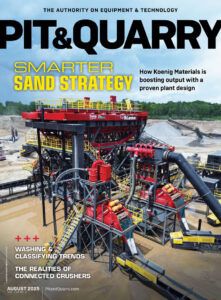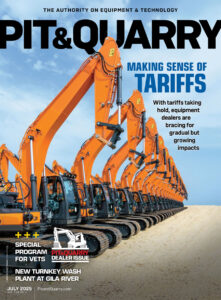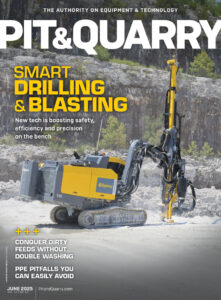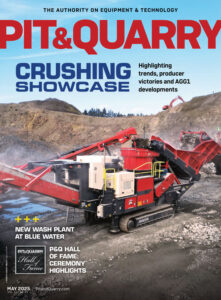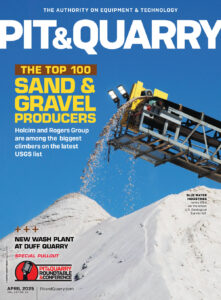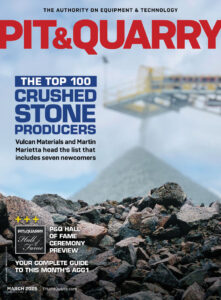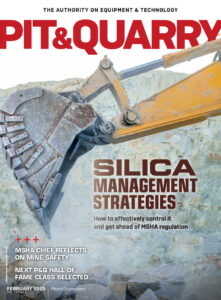P&Q: Six years after Summit Materials was established, the company went public. Was that part of the original vision, or did that come later?
Hill: With Blackstone, not only did we like their money but their M.O. was to take companies public. A lot of private-equity firms just look at three, four or five years, do a bunch of deals, make it better, and sell it. [We weren’t] sure, but we really thought that was a likely outcome.
The interesting story is we were supposed to go [public] in early January 2015. We had a big operation in Texas, and the oil price cratered. We were poised to launch the next day, and we pulled the plug at like 8 o’clock the night before. With the oil price declining, people looked at Texas negatively. So, we had to then wait until March. That turned out to be great timing.
It went great from the first meeting on. We were 11 or 12 times oversubscribed. We sold 20 percent of the business in public shares, and Blackstone didn’t sell any of theirs. It was strictly to pay off debt, because private equity uses debt pretty liberally.
We raised $400 million or $500 million, and just paid off debt. We just ran the business, and it was fun. It was surreal.
P&Q: At Oldcastle/CRH, you were a part of 187 transactions. Based on your time there, that means deals had to be constantly going on. So, how are all of those managed, and what makes for a good deal? Also, what ultimately makes a deal not a match?
Hill: First off, we had fantastic people like Michael Brady [and] Damian [Murphy]. All of our operating guys, like Damian, were also acquisition guys. They would do deals in their area.
The second is that we knew people for a long time before they would sell their business. Of the close to 300 deals that I’ve done between CRH, Summit and so on, probably two-thirds of them had been proprietary.
With some of the bigger [ones] like in Utah: I called on Val Staker for two years before he ended up selling the business to us. The Parson family was years and years. I knew [Robert Hall] for a number of years – and all those were negotiated deals.
[With] the Hinkle family that we bought from in Kentucky, I think I knew them for 25 years before they sold to us. So, it makes it relatively easy.
Now, the biggest determinant on a good deal versus a bad deal is always timing in the economy. If you bought something in ‘08, it was a bad deal no matter how good it was. If you bought something in ‘19, it’s a good deal almost no matter what.
I was always amazed at these entrepreneurs. That was, by far and away, the most fun of my job: getting to know entrepreneurs like Robert. A lot of times it wasn’t about getting the highest price for their business; it was about getting a good price, and doing it with someone they trusted and knew.
What really amazed me is you give someone tens of millions of dollars, and they show up Monday at 6 o’clock and go to work. They might buy a plane; they might buy a bigger house. But it’s really a unique business in that way, because these are hardworking folks who were successful [and exuded] great leadership.
[We have] incredible integrity in the industry. You did business with these people, and [when] they told you what was going to happen, it happened.
P&Q: Because we see so much M&A taking place right now, are you concerned we’re going to get to a point – maybe years or probably decades from now – when certain markets aren’t going to allow new quarries to open up via greenfield? If yes, what happens then?
Hill: Well, then the price goes up dramatically. I think the prices in the last three years have gone up more than they have in the last 15 in total – not just on an annual basis. I think that’s going to present some issues.
I do think you’ll see a supply cycle. Now, we will see more quarries. Because if you raise the price high enough in City A, someone 50 miles away who can get a permit can ship in if the price is high enough. You’re seeing that in the cement industry. Now, we’re attracting imports because the price has gone up 50 percent in the last three years.
You’re not going to get a quarry in medium to large cities within 20 or 30 miles. So, to me, it’s just that next layer out. I know you’re going to see more greenfields.
P&Q: How would you characterize the state of the industry today versus the industry you ventured into decades ago?
Hill: I think the biggest thing is it took us 30 years to get a highway bill – a decent highway bill – and we got it. That’s going to underpin the industry from a demand standpoint for the next five years. That’s a huge positive.
I think consolidation is going to continue, and I’d be very surprised if we don’t see big deals. Because what happens when a business grows and it gets to be [like] the Martins (Martin Marietta), the Vulcans (Vulcan Materials), CRH – whatever size – all the little deals don’t do it.
All of a sudden, you’ve paid off all your debt and you really need to do something. So, I’d be surprised if we don’t see more and bigger deals.
We’ll see how the movement away from four-year degrees to vocational schools adds more people to the labor force. That’s a real problem right now. Everybody I talk to can’t get drivers and can’t get people to work. So, we’ll see. That’s a big push.
I’m sure every one of the businesses here [at AGG1] spends time at trade schools, vocational schools and high schools. It’s a great job. Pay is getting better and better. You get good benefits. It’s a great alternative for young people.
P&Q: What might be next for you within the industry or outside of it?
Hill: I’m on one advisory board. There might be another one or two there. I’d be disappointed if I’m not involved with a specific business on an acquisition side over the next few years. But it’s all to play for now.
The most important thing for me now is my family. I’ve got one equestrian working in Europe, and I have one who’s a high school senior. I’m going from here to tour four or five colleges. That’s my No. 1 job.
But I do want to keep a hand in the business. I just like it, and I like almost all the people in the industry.
Related: Drilling Deeper Episode 13: Interviews with Hall of Famers Tom Hill, Neil Hise

